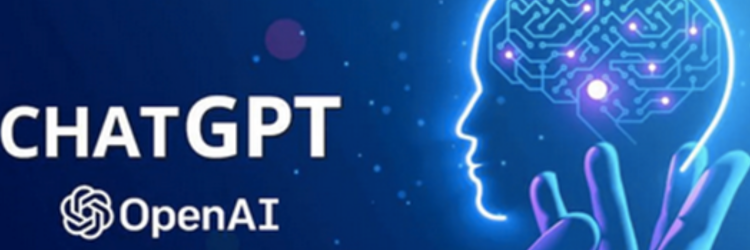Your ChatGPT Account May Be on the Dark Web
It’s time to protect yourself. Hackers are exploiting ChatGPT’s data, stealing and trading accounts on the dark web. There is a new market for AI-powered personas, and the stolen accounts are changing hands in digital auctions, fueling more identity theft and cybercrime.
More than 100,000 ChatGPT accounts have been hijacked by info-stealing malware and are up for grabs in the illegal bazaars of the dark web. Forty percent of these leaked accounts are from the Asia-Pacific region. Indian-based credentials are number one, contributing over 12,500 to the total. The United States ranks sixth with nearly 3,000 leaked logins. France is the front-runner for Europe.
Hackers gain a free pass to all the chats and data stored on the accounts once inside. Conversations with AI friends are not safe. Never share sensitive information with any AI-powered bots online.
The breach is happening on our devices, with hackers using malware to trick their way in, sometimes hidden in seemingly harmless links or attachments or slipping through the cracks in outdated software.
What to do:
- Log into the ChatGPT website
- On your main chat screen, click on your profile icon at the bottom left to open a pop-up menu
- Scroll up to settings and click it
- Tap Data Controls
- Next to Data Controls, turn off the Chat History & Training by toggling it off. Your ChatGPT history is now disabled
Other recommendations include:
- Monitor your accounts
- Place a fraud alert with credit reporting agencies
- Check your credit reports
- Freeze your credit
- Purchase identity theft protection
- Identify phishing attempts
- Use two-factor authentication
- Check Social Security benefits
- Request an “Identity Protection Pin” from the IRS
- Keep software up to date
- Create alias email addresses

